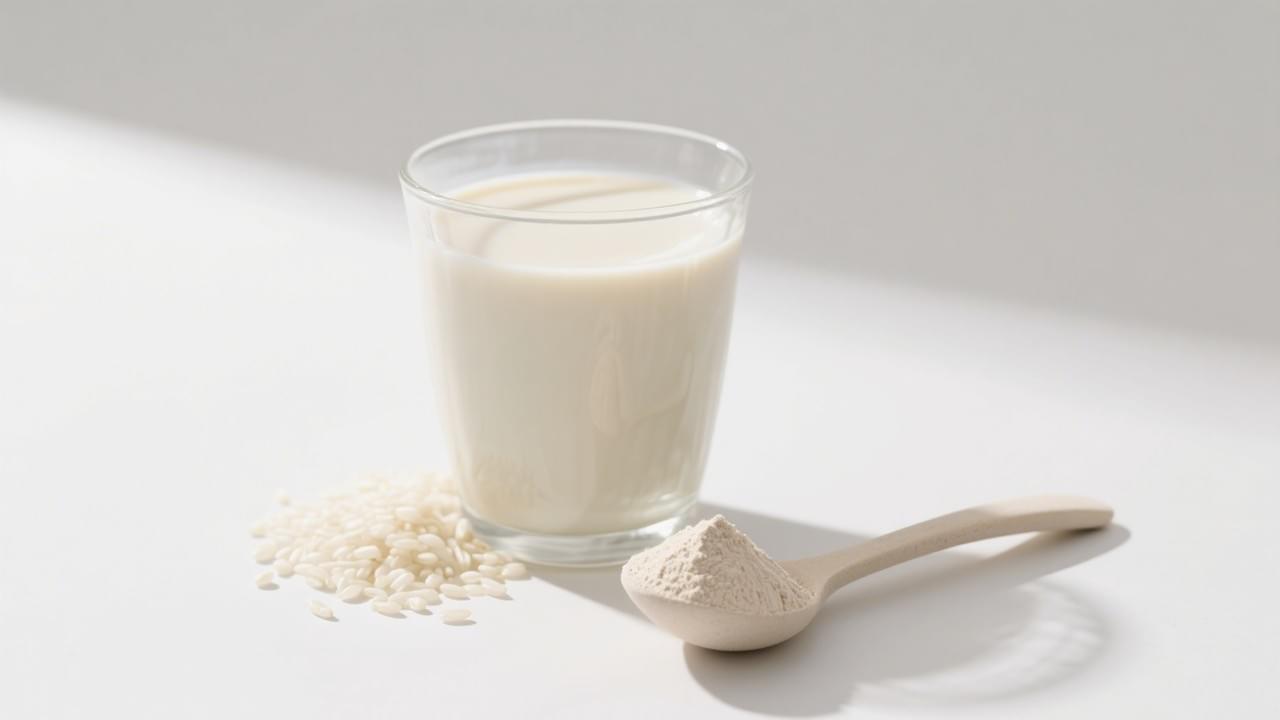Protein, an indispensable element for muscle growth and repair, extends beyond conventional animal-based sources. Let’s explore the growing interest in plant-based proteins, specifically rice protein. Learn the many benefits, best uses, and basic tips for choosing a quality rice protein product.
The Advantages of Rice Protein
- Muscle Growth and Recovery:
Rice protein encompasses all essential amino acids vital for effective muscle growth and recovery. Comparable to whey protein, research substantiates its efficacy, positioning it as a commendable choice for athletes and fitness enthusiasts seeking optimal results. - Blood Pressure Management:
Addressing a pivotal health concern, studies reveal the potential of rice protein in reducing both systolic and diastolic blood pressure, thereby mitigating risks associated with heart disease and stroke. - Bone Health:
Beyond its protein content, rice protein emerges as a noteworthy source of calcium, contributing up to 20% of daily requirements. This makes it an excellent alternative for those with lactose intolerance or those opting to abstain from dairy consumption. - Improved Immune Function:
Rich in immune-boosting nutrients such as vitamins B2, B3, and zinc, rice protein plays a crucial role in enhancing the production of white blood cells, fortifying the body’s defense against infections and diseases.
Maximizing the Benefits of Rice Protein
- Choosing a High-Quality Product:
Optimal results hinge on the selection of high-quality rice protein products. Prioritize those devoid of artificial additives, certified organic or non-GMO, and possessing a desirable texture. Ensure ease of dissolution and digestion, coupled with a complete amino acid profile. - Moderate Usage:
While rice protein offers myriad benefits, moderation is key. Overconsumption may trigger digestive issues and other health complications. A recommended daily intake of 20-30 grams ensures amino acid absorption without adverse effects. - Pairing with Other Nutrients:
Enhance nutrient absorption by judiciously pairing rice protein with other nutrients. Particularly post-workout, combining it with carbohydrates aids muscle glycogen recovery and fosters muscle growth. Synergizing rice protein with diverse protein sources, such as whey or plant-based proteins, improves overall absorption and utilization.
Rice protein stands as a versatile and advantageous protein source, promoting muscle mass, accelerating recovery, regulating blood pressure, fortifying bones, and boosting immune function. However, optimal utilization necessitates careful selection, moderation, and strategic pairing with complementary nutrients for comprehensive health and fitness benefits. Unlock the full potential of rice protein for a balanced and effective nutritional regimen.




